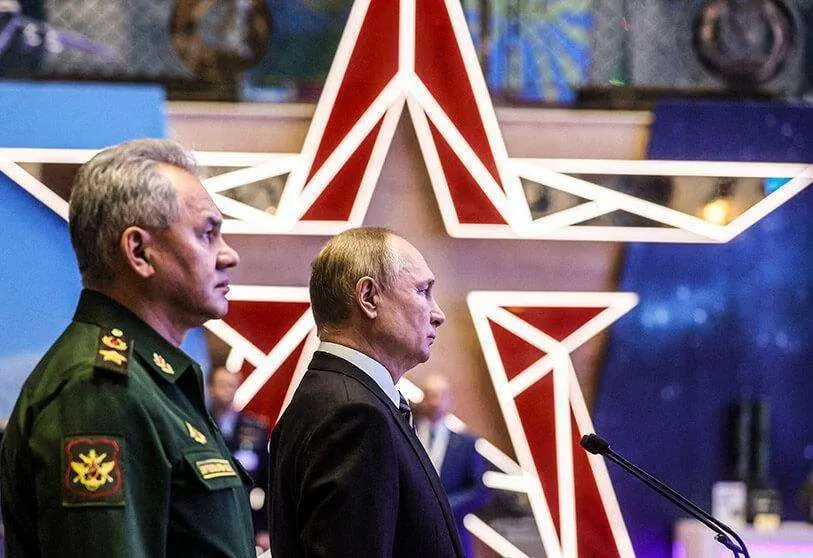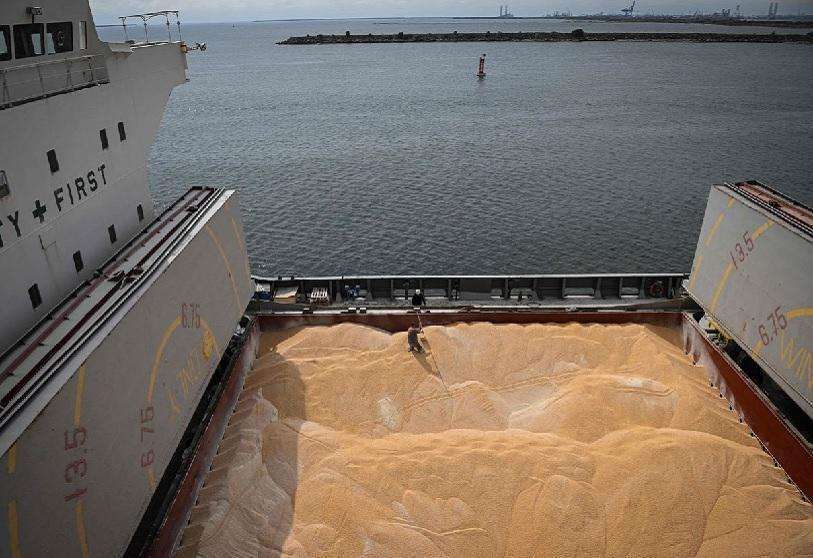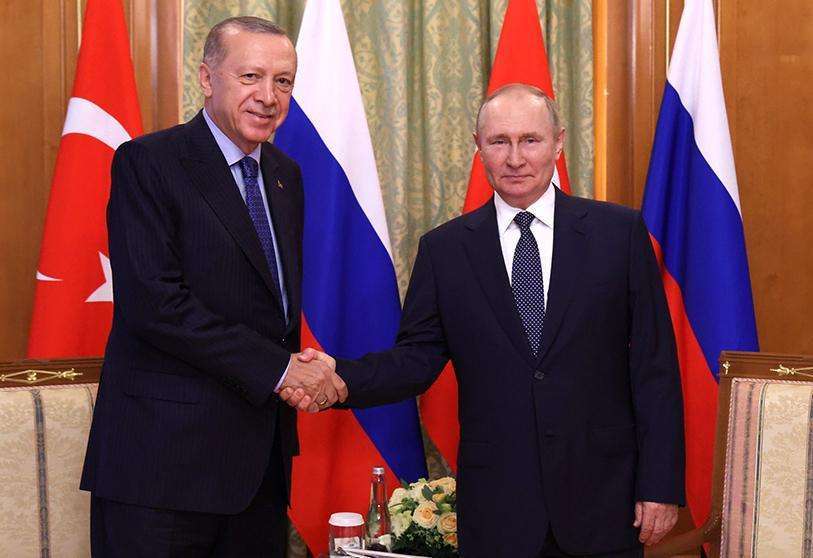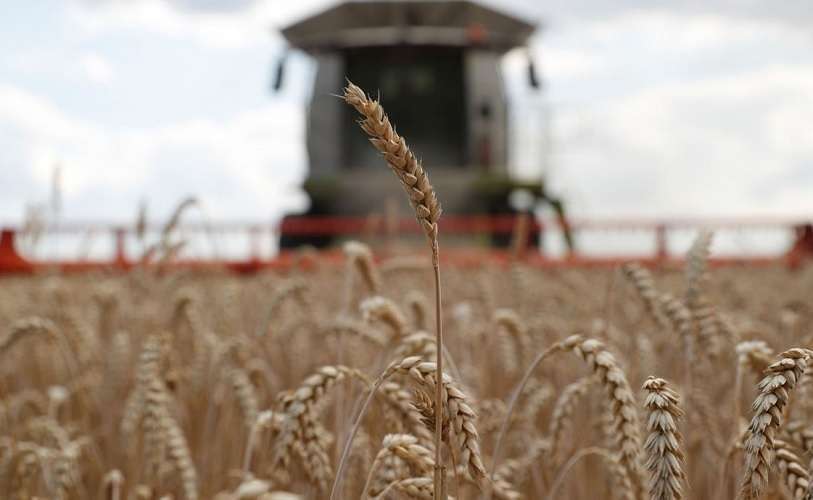Russia backs down and announces rejoining the grain deal with Ukraine

Grain and fertiliser exports across the Black Sea returned to some normality on Wednesday after Russia announced it had rejoined the Turkish and UN-brokered deal with Ukraine to unblock ports and guarantee supplies. The Kremlin had threatened to renege on the terms of a pact that has transported nearly 10 million tonnes of food in just three months, but Turkish President Recep Tayyip Erdoğan managed to convince Putin to back down.
In fact, exports did not even come to a halt. In fact, a record 354,000 tonnes of supplies left Ukrainian ports on Monday. At least 15 ships crossed the route set by the parties with cargoes, and Kiev, Ankara and the UN followed the usual roadmap with Moscow's acquiescence, aiming to export more Russian-produced grain and fertilisers not covered by Western sanctions.
The Kremlin, however, complains that Ukraine is taking advantage of the route outlined in the agreement to attack its Black Sea naval base in the port city of Sevastopol on the Crimean peninsula with drones. Kiev, for its part, denies this and accuses Moscow of using its vessels in the enclave to launch air strikes against strategic areas in Ukraine.

Erdoğan held a telephone conversation with Putin and his Defence Minister, Sergey Shoigu, after the Kremlin's attack. The Turkish president wanted to keep in place an agreement that has an expiry date - it will expire on 19 November if the parties do not agree on an extension. Putin demanded that his counterpart conduct a thorough investigation into the latest attacks before resuming the agreement, but Erdoğan defused the demands.
Days later, Shoigu confirmed to the Turkish leader that Russia would again abide by the terms of the agreement. Putin pledged 'not to hinder' supplies from Ukraine in the future, on the sole condition that Kiev would not use the export routes for military purposes. Should hostilities continue, he added, Moscow reserved the right to pull out of the pact.

UN Secretary-General António Guterres welcomed Russia's return to the fold, while the UN coordinator for the agreement, Amir Abdulla, praised Turkey's mediation. According to the organisation's data, world food prices contracted by 15% in June, when the deal was announced. After Russia rejoined, prices returned to stability after a further rise triggered by its initial withdrawal.
For the Ukrainian president, Russian 'blackmail' has gone nowhere. "The Kremlin says it demanded security guarantees from Ukraine, when 252 days ago Russia was demanding security guarantees from the United States," Zelenski stressed. His adviser, Myjailo Podolyak, echoed the same sentiment, attributing Moscow's ultimatum to its minimal involvement in export efforts.
Turkish and UN mediation was instrumental in July in pushing through a deal to export food and fertiliser supplies, ending a five-month blockade of Ukrainian ports. Russia's invasion of Ukraine paralysed exports and fuelled fears of a major food crisis, exacerbated in Africa and the Middle East. Russia and Ukraine are two of the world's leading grain exporters.

Under the agreement, vessels can pass through the safe corridor established in Black Sea waters to pick up cargo in the port of Odessa. They can then cross the Bosphorus Strait. Throughout the process, the ships are closely monitored by Ukrainian, Russian and Turkish delegations.
UN Under-Secretary-General for Humanitarian Affairs Martin Griffiths explained on Monday that approximately 23% of the exports were destined for low- and lower-middle-income countries. "The agreement is particularly crucial for low- and middle-income countries, as more than 40 percent of the wheat shipped so far goes to these recipients," according to the World Food Programme (WFP).
The next shipments of grain will go to the Horn of Africa, a region particularly hard hit. Specifically, the shipments will arrive in the coming days in Somalia, Djibouti and Sudan, according to the Turkish president.








